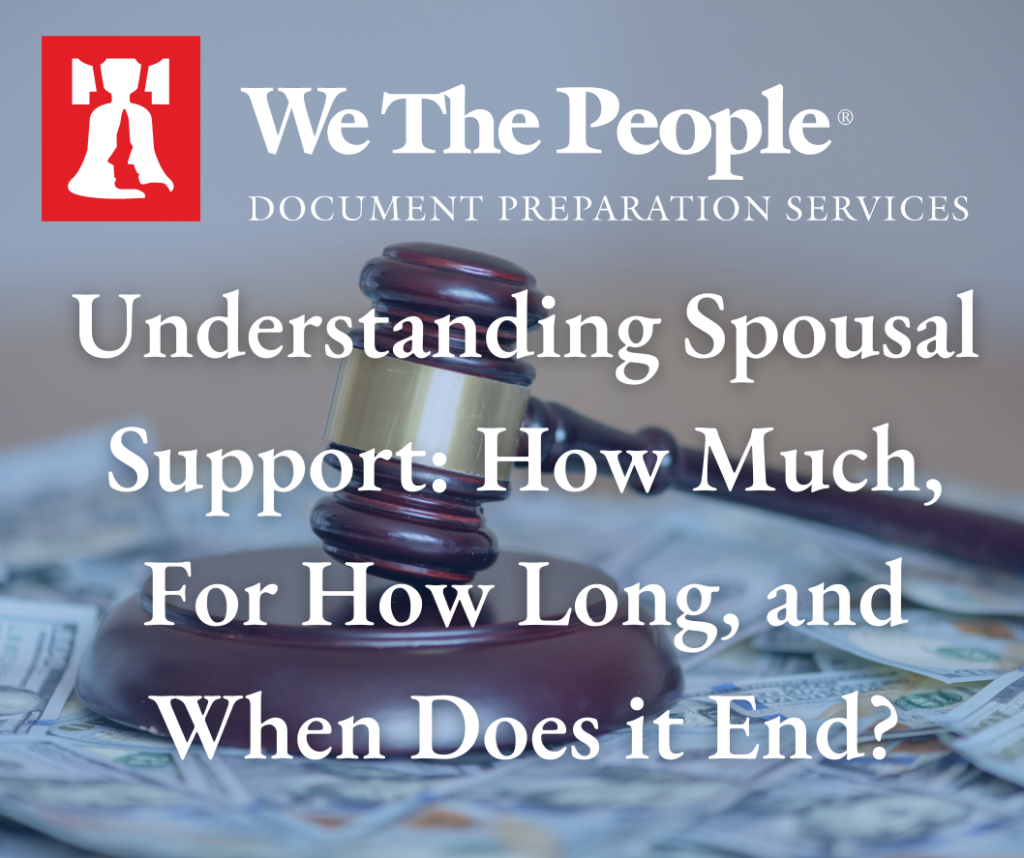 Understanding Spousal Support: How Much, For How Long, and When Does it End?
Understanding Spousal Support: How Much, For How Long, and When Does it End?
Spousal support, commonly known as alimony, is a crucial element of divorce proceedings, providing financial assistance to a former spouse.
Consider a couple who has been married for 10 years. The court takes into account their financial circumstances, including the income and earning potential of each spouse. Suppose one spouse earns $6,000 per month while the other brings in $2,000 per month. Recognizing the significant income disparity, the court may award the latter spousal support to help balance the financial scales and maintain a similar standard of living for both parties.
Duration of Spousal Support: In terms of duration, the court considers the length of the marriage and the recipient spouse’s need to become self-supporting. In this example, they may determine that five years of support is appropriate. During this time, the recipient spouse can focus on improving their job skills, pursuing further education, or gaining work experience to enhance their earning potential.
Termination of Spousal Support: In the provided example, spousal support might terminate if the supported spouse secures a stable job with comparable income to the other spouse or completes a vocational training program that significantly enhances their earning capacity. Additionally, spousal support typically ends if the recipient spouse remarries or enters into a new domestic partnership. In some cases, a court order modifying or terminating support may be issued if there are substantial changes in the financial circumstances of either spouse.
It is important to note that spousal support cases are highly individualized, and court decisions are based on the specific facts and circumstances presented.
At We The People, we offer several affordable divorce package options, which include a “Cal Support” Formal Report that can help you establish guideline amounts for support (both child and spousal) in your California family law case. Click here to navigate to our Divorce services page to learn more. You may book an appointment at any one of our offices, or give our staff a call to discuss how we may help assist you remotely.
Disclaimer: This content is for informational purposes only and should not be considered legal advice. Consult with a licensed and qualified attorney for advice specific to your situation.
This text is property of We The People® and may not be copied, printed, or distributed in any fashion.

